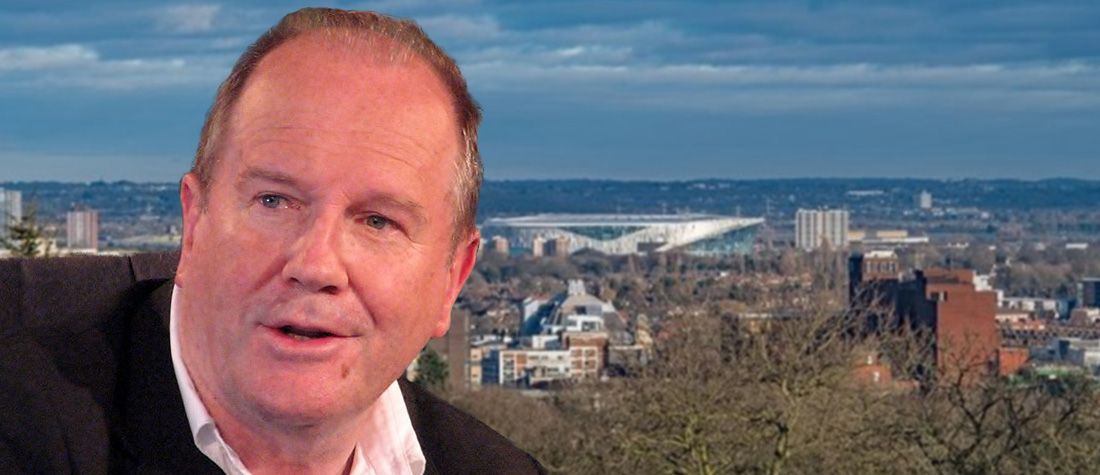When a century comes to an end, it’s a significant tipping point. My most recent novel, Love is Blind, is set during the turn of the century and, interestingly, I’ve never seen much reflection on the shift from 1899-1900. Maybe I’m wrong, but it didn’t seem like a big deal. Chekhov never comments: in all his correspondence, he doesn’t really refer to the century changing.
Perhaps it was because things that had really changed the world had already happened. One thinks of the arrival of the railways in Dickens’s time: Dickens was a coach-and-horses man and then became a railway man. It was analogous to the arrival of the internet or telecommunications. When the calendar changed, it felt like just another year.
I started Love is Blind before the 2016 referendum. The lead character, Brodie Moncur, travels through Europe. It was never conceived as a “referendum novel”. Having said that, I am a passionate Remainer, driven to distraction and frustration by the prospect of Brexit. It seems an act of monstrous folly. I’ve written about it for many European newspapers – Italian, Swiss, Belgian – as if I knew what I was talking about!
My prediction has always been that while Brexit will be a disaster, one thing we Brits are very good at is fudge and compromise. We will be worse off than we were, but it will seem as if nothing much has happened – but I would have preferred the soft-Brexit Norway option. Even now, the realpolitik of a hard Brexit is difficult to imagine. When I meet political journalists, I say to them, “They do know it’s a total goat-fuck, don’t they?” And they say, “Yes, they do, but they have to pretend it isn’t!” So I hope there’ll be a workable way forward.
I live in France for much of the year so I feel very European. I used to spend 40 days of the year in New York and every time I came back I felt more European, and more British, so the referendum result is still incomprehensible. But then again, any vote that goes against your own beliefs and inclinations seems perverse.
It was the same with the Scottish referendum in 2014. I hoped the country would be canny enough to realise they’re better off in the Union than in a little country depending on oil at 130 dollars a barrel; I was proved right. I remember going to Edinburgh before the referendum and there’s this big sign saying “Welcome to Scotland” and I thought, “What would it be like coming here if it were an independent country?” It felt impossible to get your head around it.
Talking of feeling European, I’m familiar with French culture, and the French novel is not in trouble, but it doesn’t travel. My books do extremely well in France, but you look for French novelists translated here…it’s quite insular. We’re bad at translating other literature. Maybe it’s French film which has had a bigger impact.
Brexit won’t change storytelling: politics won’t make the French one iota less French, or the Dutch one iota less Dutch. Nationality and national feeling is hard-wired. With all these events, you have to let a generation go by before they get any kind of significance. It’s like writing a novel about 9/11: it’s too soon. I don’t think Brexit will change the way we think about ourselves: there was a time when we weren’t in the European Union. Somehow we muddle through, but if we have to get a visa to go to France it’ll be very irritating.
I never know whether there’s a correlation between hard times and great literature. Look at Matisse in occupied France, painting his odalisques and vases of flowers. Whereas Picasso, with Guernica, did react. So it depends on the individual artist.


